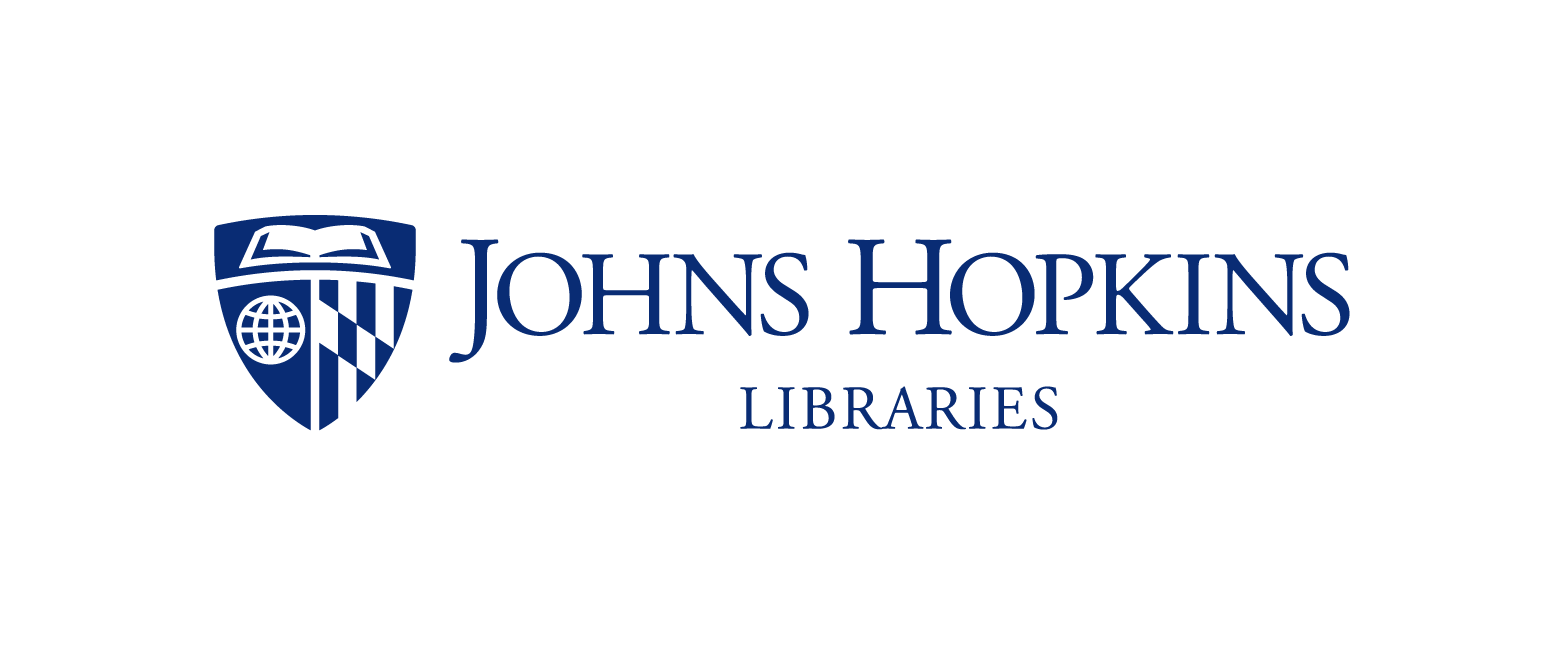W. W. Holland papers
Scope and Contents
Collection includes research data, reports, correspondence, and printed material and deals largely with Holland's work on the Gyro process of cracking petroleum to produce gasoline from 1930-34, but materials span the period 1903 to 1956, and the bulk dates from 1930 to 1934.
There are letters (1916-1919) from H.N. Morse concerning the patenting, marketing and further development of the feldspar process. There is a diary (1921-1923) of trips Holland took for Standard Oil to test or visit Burton stills in Germany and the United States. Holland also recorded his impressions of the Soviet Union after his trip in 1933. A copy of a scrapbook kept by Holland has some material on his student days at the Johns Hopkins University.
Dates
- Creation: 1903 - 1956
Creator
Conditions Governing Access
This collection is housed off-site and requires 48-hours' notice for retrieval. Contact Special Collections for more information.
This collection is open for use.
Conditions Governing Use
Single copies may be made for research purposes. Researchers are responsible for determining any copyright questions. It is not necessary to seek our permission as the owner of the physical work to publish or otherwise use public domain materials that we have made available for use, unless Johns Hopkins University holds the copyright.
Biographical Note
William West Holland was born September 18, 1881 in Eastville, Virginia the son of Juliet Fisher and Nathaniel Littleton Holland. He attended the University of Virginia and in 1904 entered the Johns Hopkins University. Holland studied physical chemistry and mineralogy receiving his Ph.D. in 1907. Holland joined the Hopkins faculty where he remained until 1916. His research at Hopkins was concerned with osmotic pressure, and in conjunction with Dr. H.N. Morse Holland wrote 25 papers on the subject. This research won the Avogadro Medal awarded in 1912-14 in Turin, Italy for molecular-physical studies. In 1916 Holland and Morse developed a method of converting feldspar to potash, alumina and silica.
Holland left Hopkins in 1916 to take a position as an industrial chemist with Standard Oil of Indiana. His work at Standard Oil dealt with the cracking processes in refining petroleum. The president of Standard Oil of Indiana at that time was William Merriam Burton a chemist who received his Ph.D. from Hopkins in 1889. In 1913 Burton developed the first commercial process for cracking heavy petroleum to produce gasoline. Until the 1920s these Burton stills were the only commercial process for manufacturing gasoline. In 1919 Burton assigned Holland to the Pressure Still Service Department which oversaw the 960 Burton stills in use in the United States and Canada. In 1921 Holland went to Germany to demonstrate the operation of the Burton cracking process, and the following two years he traveled throughout the United States visiting Burton stills.
During 1928 and early 1929 Holland was the manager of the Pan American Petroleum Corporation's refinery on Aruba in the Dutch West Indies. In 1929 Holland began working for the Pure Oil Company in Chicago which was developing the Gyro process of refining gasoline. For a short time in 1932 Holland was employed by the Gyro Process Company but moved to Alco Products, Inc. when in June 1932 Alco took over the sales, design and engineering of the Gyro process. In 1933 Holland made a trip to the Soviet Union to present data on the Gyro process and to tour petroleum refineries.
By 1935 Holland was associated with the TVP (True Vapor Phase) Corporation, and by 1938 he had rejoined Standard Oil working for the Standard Oil Development Company in New York where he developed one of his several patents.
Holland retired in 1946 and died in 1956. Holland married Rosalie Eugenia Calvert in 1908, and they had two children Eugenia Calvert Holland and William Calvert Holland.
Extent
1.73 Cubic Feet (3 legal size document boxes, 1 flat box (15.5 x 12 x 3 inches))
Language of Materials
English
Abstract
W.W. Holland was an industrial chemist and Hopkins researcher. Collection deals largely with Holland's work (1930-1934) on the Gyro process of cracking petroleum to produce gasoline. Includes research data, reports, correspondence, and printed material.
Arrangement
The papers are divided into four series: Personal, Standard Oil Company, Gyro Process Papers, and Feldspar Process Papers.
Provenance
The papers were donated by Holland's daughter Eugenia Calvert Holland in November and December 1989.
Bibliography
Processing Information
Finding aid prepared by Cynthia H. Requardt in November 1989 and February 1990.
Subject
- School of Arts and Sciences. Department of Chemistry (Organization)
- Standard Oil Development Company (Organization)
- Standard Oil Company (Indiana) (Organization)
- Holland, W. W. (Willian West), 1881-1956 (Person)
- Frazer, J. C. W. (Joseph Christie Whitney), 1875-1944 (Person)
- Burton, William Merriam, 1865-1954 (Person)
- Morse, Harmon Northrop, 1848-1920 (Person)
- Title
- W. W. Holland papers
- Language of description
- English
- Script of description
- Latin
- Language of description note
- Finding aid written in English
Repository Details
Part of the Special Collections Repository
The Sheridan Libraries
Special Collections
3400 N Charles St
Baltimore MD 21218 USA
specialcollections@lists.jhu.edu
